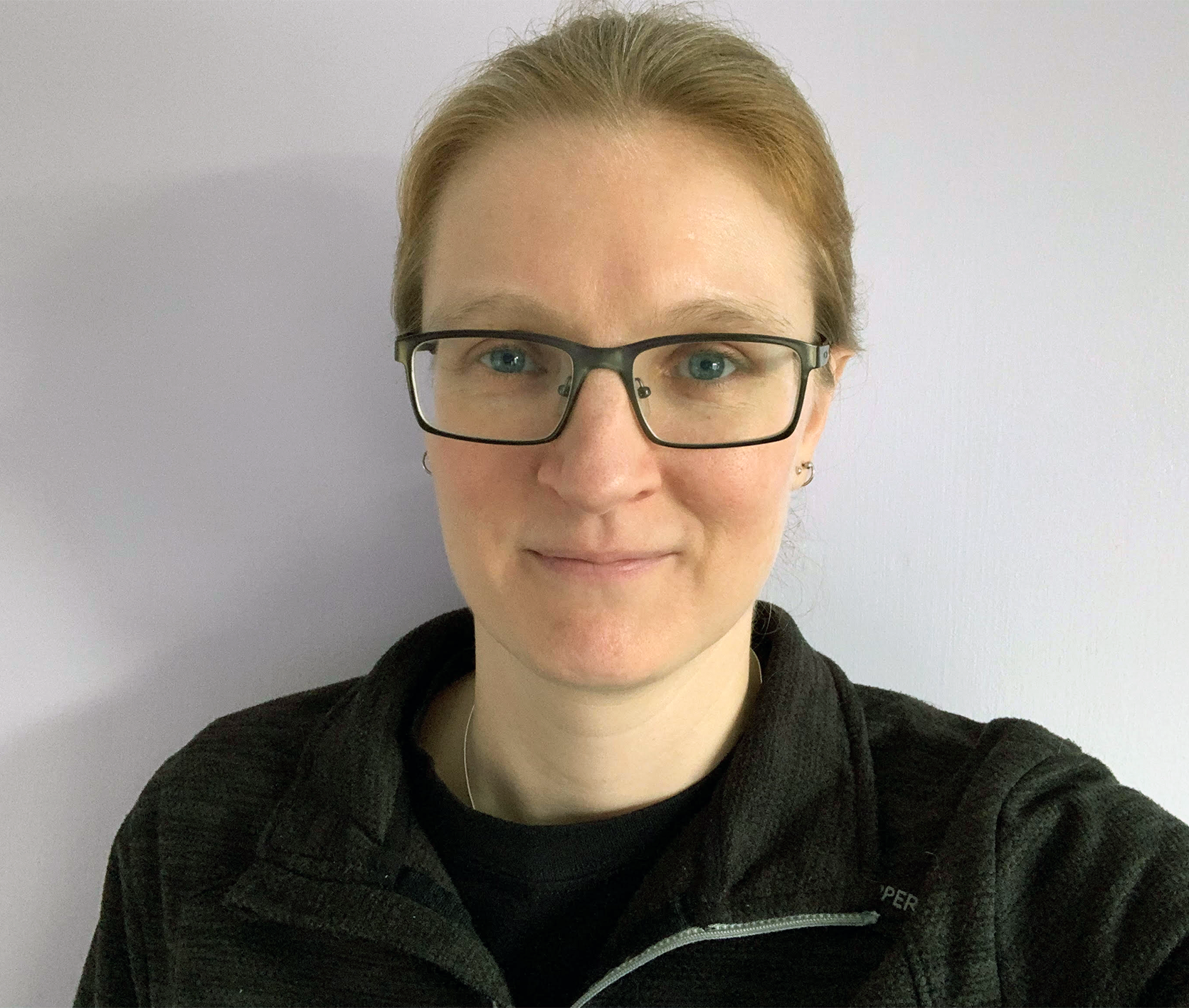Telehealth is coming to Cliniko!
Telehealth is coming to Cliniko to help you through this difficult period, and it will be free of charge for now. Read the announcement in full.
Podiatrist and clinic owner Catherine Fletcher-Liddell MChS BSc (Hons) explains how she is using her practice's social media presence to connect with and reassure clients in the wake of COVID-19.
Michelle Geslewitz·
No matter which specialty of allied health you practice, by now you’ve no doubt fielded plenty of questions from your patients looking for advice and information about the COVID-19 pandemic. Things like: ‘How can I continue my treatment?’ ‘What should I do if I’ve run out of hand sanitiser and can’t find more?’ ‘How is COVID-19 transmitted, and does my existing health condition make me more likely to fall ill?’
Unlike other health crises in the past, it seems the general public is being bombarded with more confusing, contradictory information than ever. As medical facilities around the world take on an unprecedented increase in demand, some patients may resort to Google or social media for answers. And, sadly, many will wind up becoming more confused, misinformed, and scared than ever before.
So how can you, as a healthcare practitioner, help your clients to better cope with the changing situation and share your knowledge, even if you are temporarily closing your practice? We found one practitioner who we think is an excellent source of inspiration.
Meet Catherine Fletcher-Liddell MChS BSc (Hons), podiatrist and owner at CF Foot Clinic (UK), who is combating the misinformation deluge on the front lines via social media.
Based in an English village with a mostly elderly population, Catherine first ‘fell’ into podiatry after a string of injuries as a track & field athlete. For the past 15 years, she has run her own practice. And, in that time, she’s cultivated close relationships with many of her clients.
‘We’re quite lucky where we are. We know a lot of our patients quite well, and we do know some of the ones that will be at risk,” she told us.
When it comes to maintaining a safe clinic, she’s taken the same steps that many others followed after the announcement of the virus’s arrival to the UK. She added bottles of hand sanitiser to her reception room and prompted patients to use them. She ensured that new bookings were not from areas affected by COVID-19. And, she proactively contacted her highest risk patients to advise them whether or not to come in.
But she noticed something concerning. Her clients needed help with the very basics, like simple hygiene and how to properly wash their hands.
‘People think they know how they’re washing their hands, but it turns out, upon talking to them they don’t know how they’re washing their hands.’ Given many of her patients have health complications like diabetes and chronic obstructive pulmonary disease (COPD), she wanted to do more to help them manage the impending crisis.
Her Instagram page, already filled with informative, engaging videos on all aspects of footcare, feels like an extension of her close-knit relationships with her clients, brought to scale for the world to see. Since the outbreak of COVID-19, she’s steadily updated her followers on the status of her clinic, and she’s provided them with advice to stay physically and mentally healthy amid the crisis. She’s also helped get the word out about the importance of social distancing and not over-hoarding goods.
Beyond the information itself, Catherine is calm, eminently sensible, and possesses a unique quirkiness that doesn’t belie the importance of her advice. When combined, these traits provide her clients with an oasis of calm amidst the sensationalised news reports on TV and the internet.
“People that know me know that I am #GeekPod, so I’m trying to inject some humour into my advice. Rather than singing ‘Happy Birthday’ to yourself twice, I actually recite the opening monologue from Star Trek: The Next Generation.”
Ultimately, Catherine feels that providing her clients with the right information is a vital part of her role as a community healthcare worker. While it’s easy to despair at the prospect of losing progress and income in the weeks (or months) ahead, Catherine shows it’s possible to adapt the way healthcare practitioners look out for their clients—even when they may not be able to meet face to face. Just because you may be closing your practice for a short time does not mean you need to close the door for your clients entirely.
Telehealth is coming to Cliniko to help you through this difficult period, and it will be free of charge for now. Read the announcement in full.
Karen Finnin is a self-proclaimed accidental entrepreneur, but also a pioneer of the online healthcare movement. We talked to Karen to find out how she went from rural physiotherapist to telehealth pioneer.
Our founder Joel Friedlaender has been running Cliniko as a fully-remote and globally-dispersed company for the past ten years. As many businesses are forced to work from home, he shares some lessons he's learned along the way.
